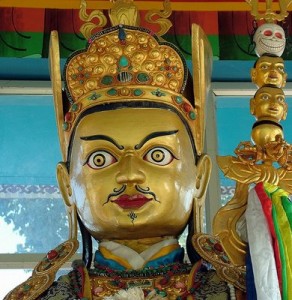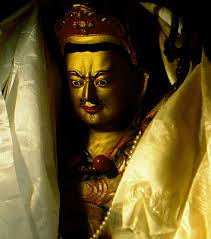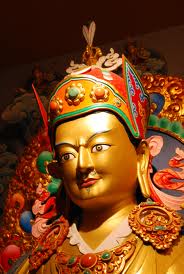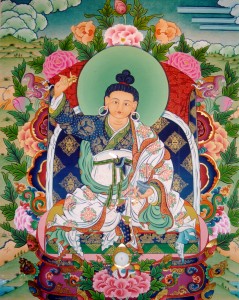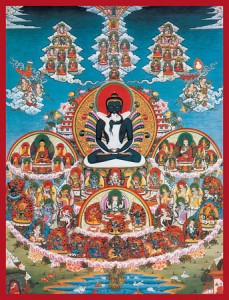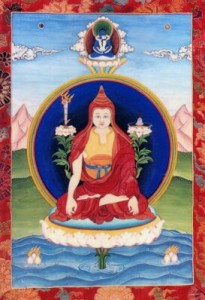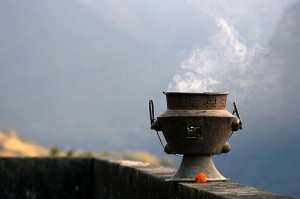The following is an excerpt from a teaching by Jetsunma Ahkon Lhamo called “The Guru Is Your Diamond”
On the path of Vajrayana, we are given something like a rocket ship, rather than a slow boat, to cross the ocean of samsara. When Lord Buddha first came to the planet and taught, when he was there as Shakyamuni, he gave teachings that were absolutely necessary for that time. During that time, we were not in Kaliyuga, which is a more degenerate age. During that time, it was easier to practice. It was easier even to speak Dharma. Peoples’ minds were more spacious and more expanded so that if one were to accomplish Dharma, it would be more easy to accomplish Dharma during that time. And yet, there was a difficulty. And the difficulty was that during that time, because there was more space in the mind, there was also more relaxation, maybe more joyfulness, less reason to feel compelled to exit samsara. So there are good and bad things in both times.
True that this is Kaliyuga. True that this is the time of degeneration. There are many false teachers and many false paths. And sometimes delusion rises up like a tsunami flood, and it is a difficult time. We look to the people that even guide this country, and you wonder where is the clarity, where is the morality. So it’s difficult. Even this country that was once the prince of countries, and can still be the peacemaker, the one who guards the little guy, instead now we’ve changed. So these are all indicative of this time of delusion.
Yet at the same time, we are so pressed because of our delusion, our neuroses, which means an inappropriate response to something that is not understood well anyway. Our neuroses also thicken and deepen, and with that comes an increase in pain, fundamental pain. Maybe not even a particular pain about something, but rather an all-pervasive sense of suffering.We are more unhappy, really, now when things are happening faster and materialism is in some ways more attainable, in many ways more attainable. Still we have become more and more unhappy and continually create the causes for unhappiness. So this pushes us to find a solution. And for some people, we look to psychology or psychiatry; and for other people, we look towards creating the causes for happiness through walking the path of spirituality. But many of us are seeking, and that’s important. That is something that is useful and to be treasured during this time.
For many of us, we’ll think that what drives us to seek is this pain, this angst, this modern angst that we all seem to carry around. That pain, on the one hand, seems sometimes unbearable, and then other times, just there. And we are uncomfortable and we can’t say exactly why. We feel wobbly, unguided, unknowing and we really can’t understand why that is. That suffering, of course, even though painful, can ultimately become part of the blessing that brings us to the Path. Maybe we didn’t even come here thinking, ‘What I need is a good Path.’ Maybe we came here for some other reason: Because we heard about this place; or we’ve heard a little bit; or we’ve read some books about Dharma; or maybe His Holiness the Dalai Lama has given us some wonderful teaching through his books; and something has just hooked us a little bit. Maybe we heard about the crystals. That brings people! Whatever it is, it’s that sense of things not being wholesome or right. It’s that sense of fundamental unhappiness that drives us forward.
And so, in the beginning, that’s how it feels. It can be a very poignant kind of search and we feel deeply moved by it. So when we begin to examine the Path of Vajrayana, we find that rather than being the gentle ship that crosses a relatively gentle ocean as was in the time of Lord Buddha’s physical life, now we have a different situation. We are propelled by the depth of our feeling, by our discomfort; and we’re looking for something. And we seem to, in this time, connect with something that is more potent, maybe a little fiercer in a certain way, more condensed definitely, than the original teachings of Lord Buddha.
Copyright © Jetsunma Ahkon Lhamo. All rights reserved
